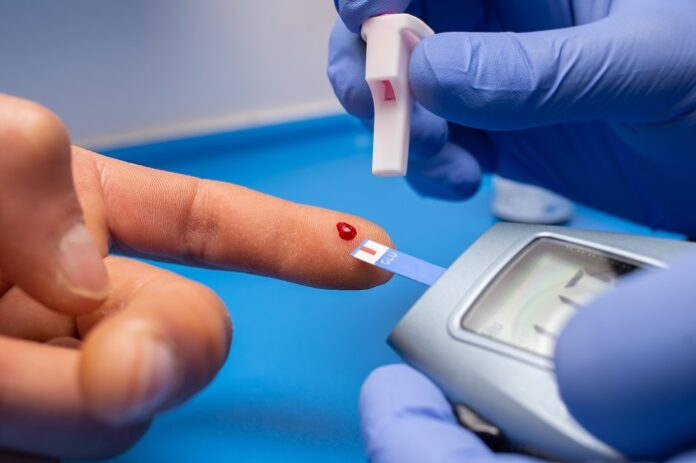Introduction
A recent study in Nature Communications explored how gut microbiota-derived exopolysaccharides (EPS) influence metabolism. With metabolic disorders like obesity and diabetes on the rise, researchers are investigating gut bacteria ‘s role in regulating blood sugar and overall metabolic health.
Understanding EPS and Gut Bacteria
The human gut microbiota houses trillions of bacteria that process dietary components and generate bioactive molecules. Among these, EPS from Streptococcus salivarius have gained attention for their potential impact on metabolism. These polysaccharides enhance gut barrier function, modulate immune responses, and interact with host metabolic pathways.
Study Methodology
Researchers analyzed fecal samples from 472 individuals, isolating EPS-producing bacteria using anaerobic culture techniques and metagenomic sequencing. Mouse experiments involved C57BL/6J and germ-free mice on standard or high-fat diets, with or without EPS supplementation. Researchers assessed glucose tolerance, insulin sensitivity, and gut hormone levels.
Key Findings
EPS supplementation significantly improved glucose metabolism and insulin sensitivity in mice.
- S. salivarius was the dominant EPS producer, linked to lower blood glucose and improved insulin sensitivity in humans.
- EPS-fed mice showed higher levels of GLP-1 and peptide YY, hormones regulating appetite and satiety.
- Gut microbiota composition changed, increasing short-chain fatty acid (SCFA)-producing bacteria like Bacteroides, enhancing microbial fermentation and reducing inflammation.
- EPS-treated mice exhibited reduced weight gain and metabolic inflammation, suggesting long-term benefits.
Conclusion
As reported by news-medical.net, this study highlights EPS as a potential metabolic regulator. While EPS supplementation showed promising results in mice, further research is needed to confirm its effects in humans. Microbiota-targeted interventions, such as probiotics or prebiotics, could offer future therapeutic strategies for metabolic disorders like diabetes and obesity.























